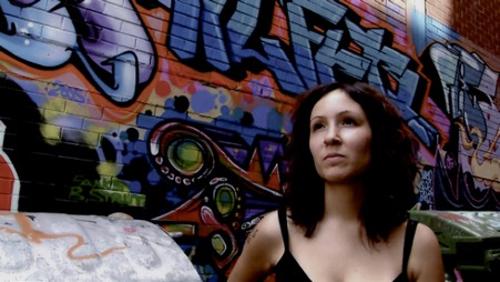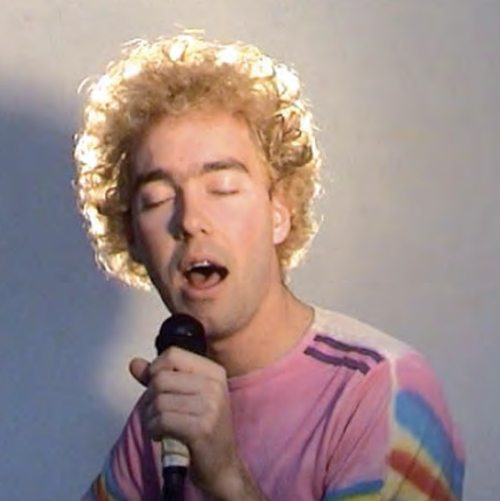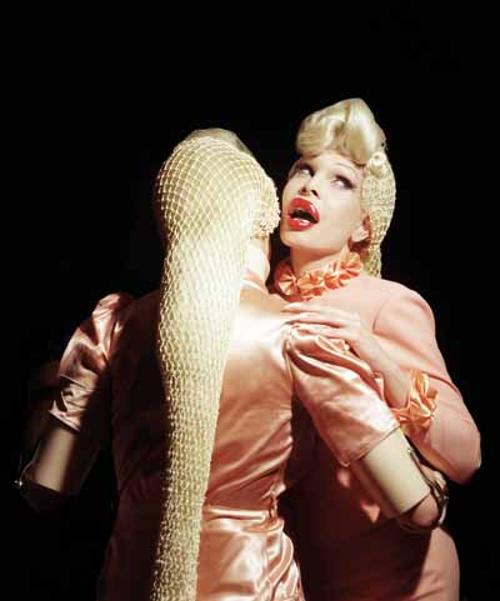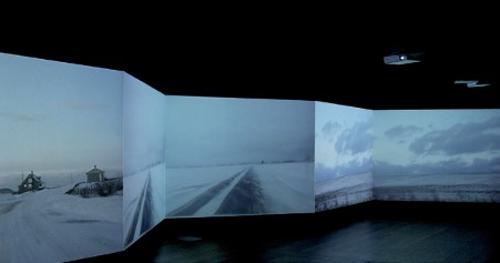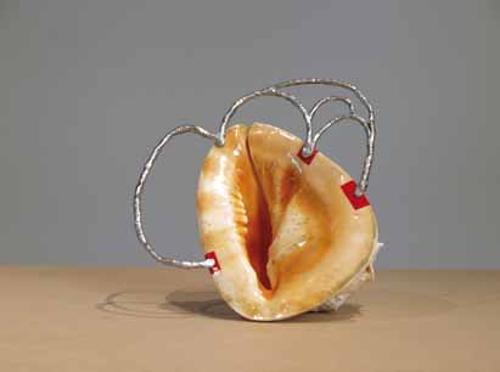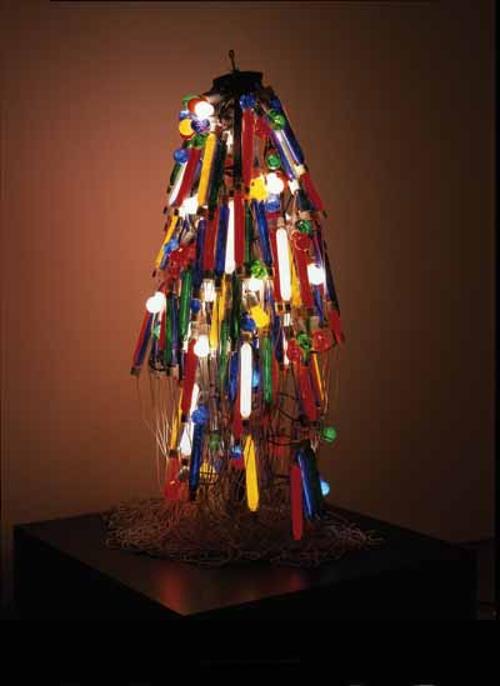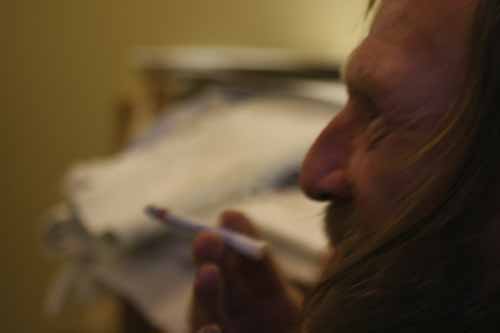
The exhibition title, Eternal Beautiful Now, reads like a statement, but elicits a stream of questions. What is beauty? Is it eternal, a timeless ideal, an a priori set of criteria residing in some perfect Platonic realm? If something is beautiful now, was it beautiful yesterday? Will it be tomorrow?
In addition to these vexed questions, Eternal Beautiful Now, conjures up the even more slippery notion of time. Trying to imagine the enormity of eternity will do your head in, but even the concept of now is impossible to grasp; the present becomes the past the instant it is identified. The future may exist, but we can never get there. Tomorrow never comes: as soon as it arrives it becomes today. The phrase Eternal Beautiful Now reflects this temporal Mobius strip, like Uroborus eating his tail, it's an endless cycle of the present swallowing the future as it is simultaneously being gobbled up by the past.
In Eternal Beautiful Now Tania Doropoulos brings together photographic prints by Daniel Crooks, and DVDs by Jesper Just and James Newitt. Visually their artworks are very different, but all three artists investigate both time and beauty.
Crooks presents his Imaginary Object series: white twirling forms that resemble pouring milk or twisting skeins of silk. These images may be technically static, but in the mind they are constantly in motion. Crooks' works seem to perfectly encapsulate all three words in the exhibition title. His fluid white forms are almost undeniably beautiful, and not the wabi sabi beauty of serendipity and imperfection, this is the Western classical beauty of clean, white perfection, like ancient Greek statuary bleached by time, distilled and abstracted. Crooks' pieces could be an impossible glimpse of Plato's ideal forms: timeless, eternal, flawless, yet they are also firmly rooted in the here and now. They have an indexical link to their twenty-first century method of production; their sensual beauty is inextricably twined with the dispassionate ones and zeroes of digital technology.
As a film, Just's It Will All End in Tears, embodies time in its process, but it is also an epic , somehow compressed into twenty minutes, which deals with ageing and mortality, a very human way of perceiving time. The Danish artist's film is almost excruciatingly beautiful in a dark, very contemporary way tinged with danger, aggression and regret. He presents three interlinked scenarios starring an old man and what could be his younger self. Filmed in a Chinese garden, a courtroom and against the iconic nocturnal skyline of New York City, our hero is shadowed by a psychotic choir of public school boys who shout Cole Porter's I've Got You Under My Skin with all the antagonistic fury of the All Blacks performing a pre-match haka. The film is moving, mysterious and mesmerising. It completely dominates Eternal Beautiful Now. The other works have to both literally and metaphorically fight to be heard.
Despite the fact that his DVD is hopelessly overshadowed by Just's loud and impressive extravaganza, Newitt's much more modest DVD nevertheless actually seems to answer the exhibition's inherent questions about beauty. His Unstable Ground is an ambiguous split-screen doco style video following two elderly men who both come across as talented, lonely survivors of hard times. Together (but very separately) they seem to tread the fine line between madness and genius. Both stories share the same silent subtitled narration. It's impossible to tell whose thoughts are actually being recorded, perhaps they echo each other's experiences: 'And they used to come in, and they open the door, and look at you like you were some sort of crazy person, 'How can anyone be interested in this?', to me it was extraordinarily beautiful, it was the most beautiful thing I'd come across in my whole life.'
Eighteenth century philosopher David Hume was right when he said, 'Beauty in things exists in the mind which contemplates them.' Beauty is subjective, now and always.

